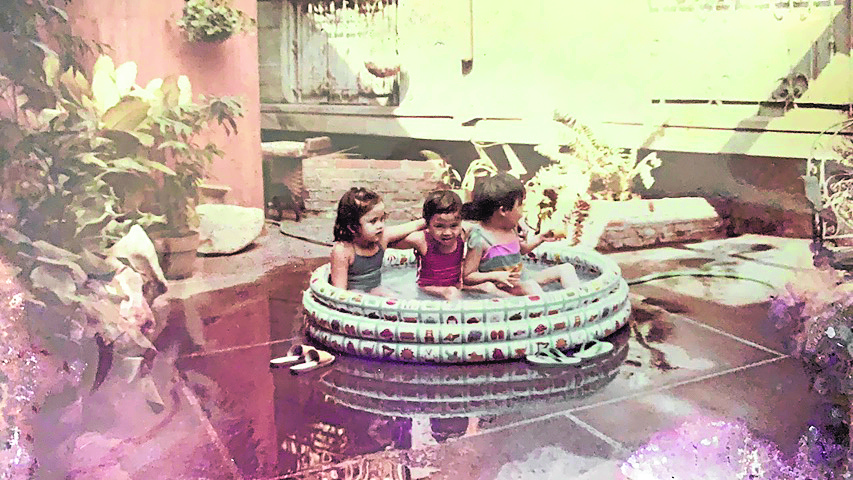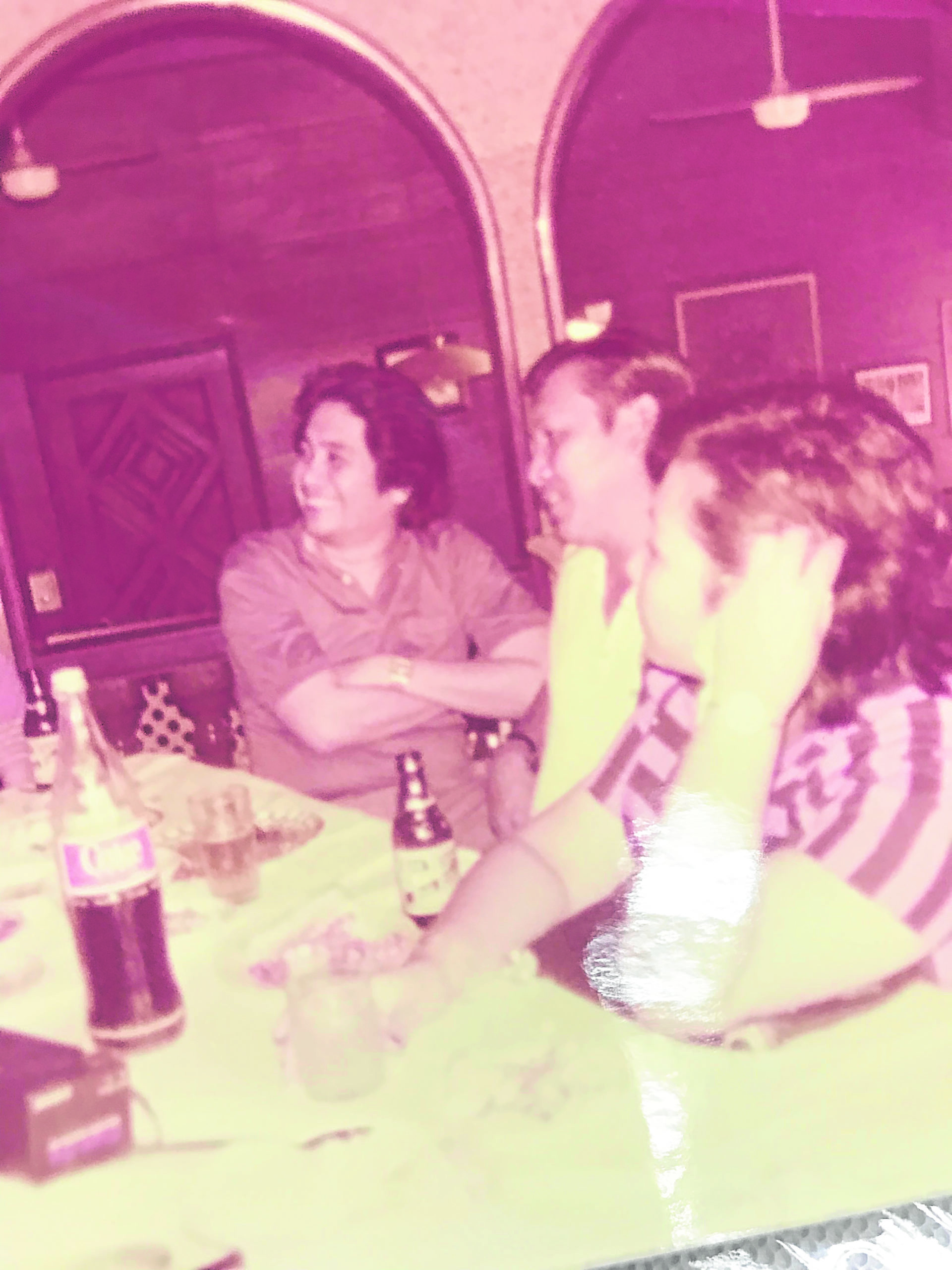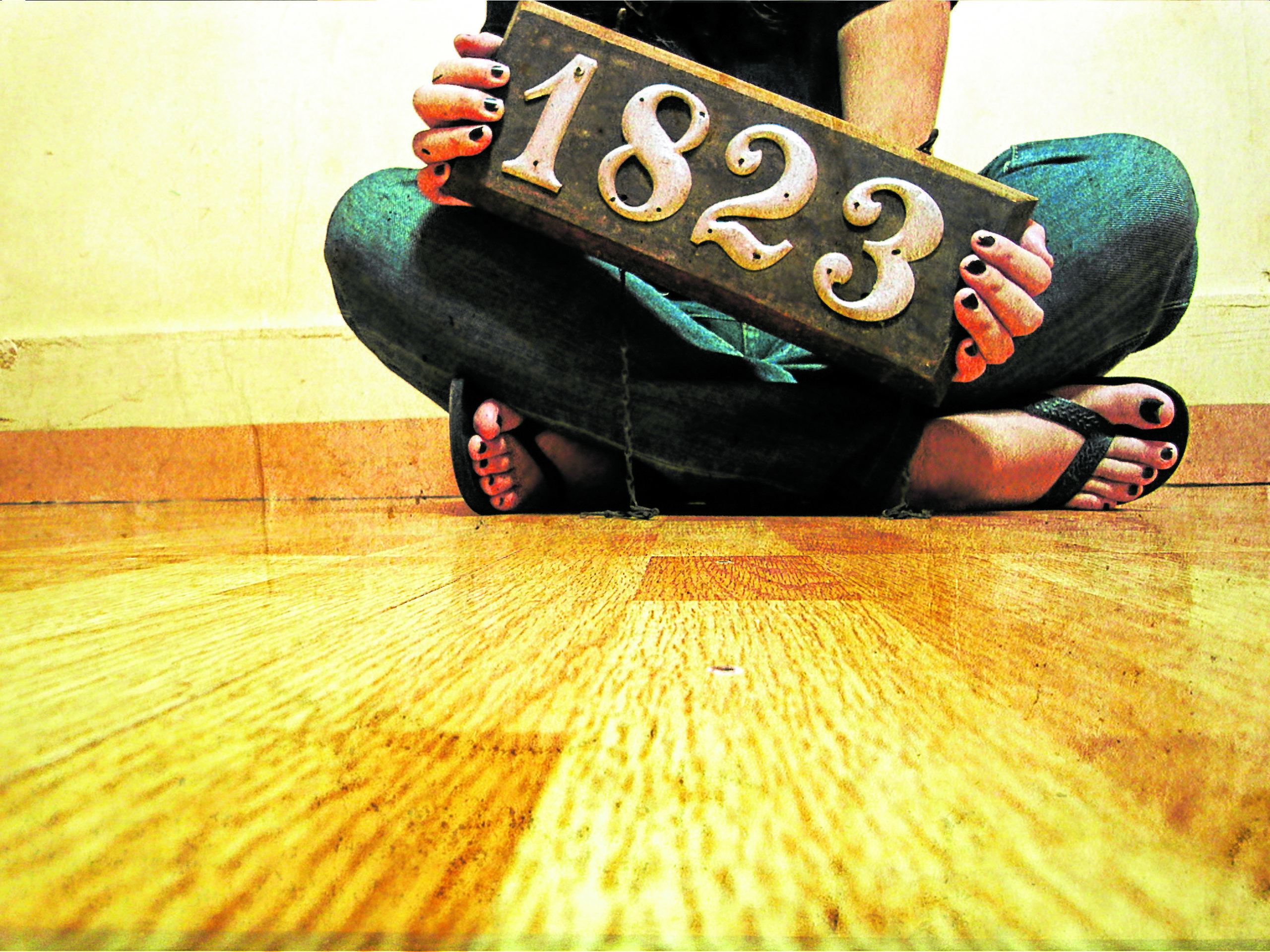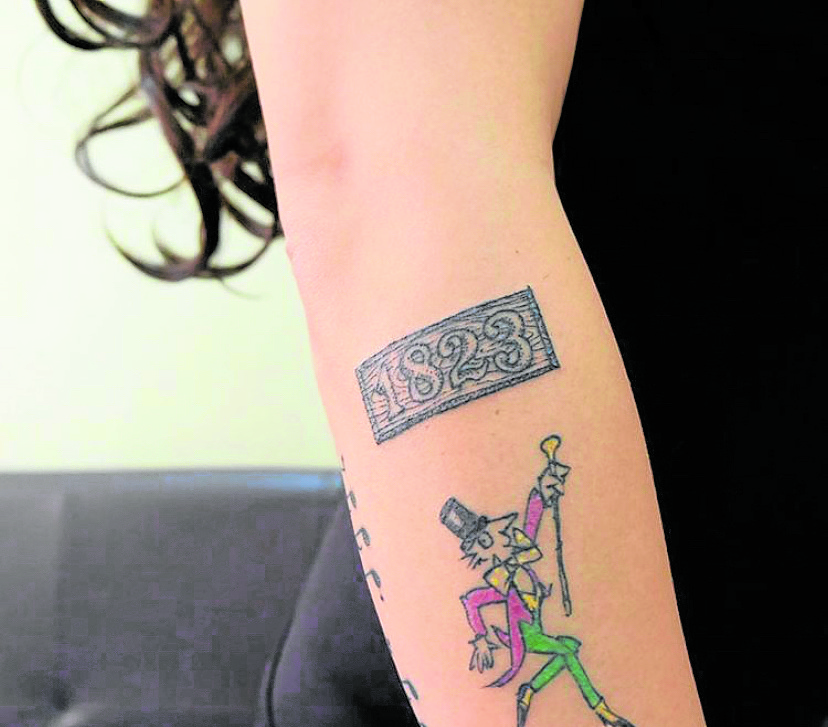The house my grandfather built
I grew up in a house my grandfather built, the same house my father and his siblings grew up in. My grandfather, who was an architect, grew up on that land, too. It was where he and his family survived the atrocities of World War II and where he and my grandma made a home when the war was over.
We called it Antipolo even though it wasn’t really in Antipolo—it was on Antipolo St. in Sta. Cruz, Manila, in what had become an unsavory neighborhood by the time I was born. Naked children ran around our streets, there was no shortage of tambays and bickering kapitbahays. We were near the railroad tracks, so near that our phone conversations were constantly interrupted by passing trains. “Home along da riles,” friends would joke in a nod to the popular ’90s Dolphy sitcom.
Rainy season
Our area flooded easily, so easily that if it started raining hard, those who drove in the family would bring our cars to Chinese General Hospital where it was safe to park. The inside of our house got flooded so regularly that for months each year, during the rainy season, the beds and other furniture on the first floor would rest on concrete hollow blocks for added elevation. Floods just became a fact of life for us, something we had to live with.
Despite its imperfections, I loved that house—loved its every corner, the multitude of doors (some of which were unnecessary), the narrow hallways with all the books, its strange, maze-like layout, even its many ghosts (oh yes, there were ghosts). It was like living in my very own Hogwarts, before I even knew what Hogwarts was.
Duplex
The house was a duplex. When my parents got married, they took over the first floor. It was like their own little house—they had their own kitchen, entrance and all, while my grandparents continued living on the second floor with my aunt and uncles. But the whole house had always felt like ours. We invited friends over all the time—it was the perfect place for hide-and-seek.
Article continues after this advertisementAnother beautiful thing about that house? It was right beside my cousins’ house. And not only that, we didn’t even have to go out onto the street to visit one another, our terrace led directly into my cousins’ study room.
Article continues after this advertisementAling Mely, a cranky old lady who ran a little sari-sari store, rented a portion of the first floor from my family. She had the unfortunate luck of living under our second floor living room where my cousins, brother and I liked to play. She hated the noise our feet would make, always banging something—her broom, her mop, we didn’t know—against the ceiling to get us to quiet down, much like Mr. Heckles in the sitcom “Friends.” She was a tyrant when there was a floor between us but she was always nice when we went to her store to buy candy.
Eventually, she moved out (hopefully not because of our noise) and the space she used to occupy was converted into another garage and connecting bedrooms for me and my brother who, at that point, were already teenagers. It’s funny how it felt like our house was evolving and growing with us.
Hidden behind a painting on our second floor dining room were scratches on the wall. They were marks made by my grandma’s brother to record how tall my brother and I were getting. My brother and I would often move the painting aside to marvel at how short we used to be.
We had the best Christmases in that house and the best birthdays, too. It was a place rich in tradition, love and memories.
Emptier
Eventually, my parents split up and my brother and I only got to spend half our time in the house we loved. We would spend the other half living in different places—a townhouse, a couple of bungalows, the mezzanine of my mother’s family building—but none of them came close to Antipolo.
My aunt died, my uncles moved out. My grandfather was diagnosed with emphysema and the doctors ordered him to let go of our two indoor dogs and the dozens of cats that lived in the garage. Eventually, my grandfather died, too, and although the house seemed emptier, it remained home. Sometimes relatives would come to stay for weeks, months, even a year, filling a bit of the void.
I abandoned my old bedroom and took over Tito Owie’s and then, later, Tito Jun’s. Over the years, I would manage to sleep in every single room of that house, including my yaya’s bedroom on the first floor and the maid’s quarters.
Noise and silence
I loved that house when it was filled with people, when it was noisy with celebration, but I also loved it in its silence. Late at night, I would walk around barefoot, running my hands across the wooden walls, tracing the pillars I used to play with as a child.
One sad morning, I woke up to hear birds chirping happily outside my window. I asked my grandma, “Did you hear the birds chirping this morning?”
She said, “There are always birds chirping in the morning. Your grandpa put birdhouses all over the roof so they’d come and stay.”
I had visions of growing old in that house, spending time like my grandma did, sitting on her bed, leaning against her cushy backrest, reading book after book.
But that wouldn’t happen. Because 13 years ago, we had to give up that house—the result of some bad business decisions.
Losing that house is still my biggest heartbreak. I think it’s my brother’s as well. I am only glad my grandpa didn’t live to see it happen—it would have been shattering to see his family lose his legacy, the house he had so lovingly built.
I have since lived in other houses—including an unbelievably small 13-sqm condo and the three-story townhouse we’re renting now—but part of my heart is still in Antipolo, even if it no longer exists.
My brother kept our house number, 1823, and a few years ago, I even had it tattooed. That sign is the last tangible piece we have of a beautiful house that will always be home to me.
Thinking about it still makes my heart ache, but I’m glad that for almost 27 years, I had the pleasure of living there and making memories with the people I love.
I have never felt as safe and secure as I did in Antipolo, in the house that my grandfather built.






